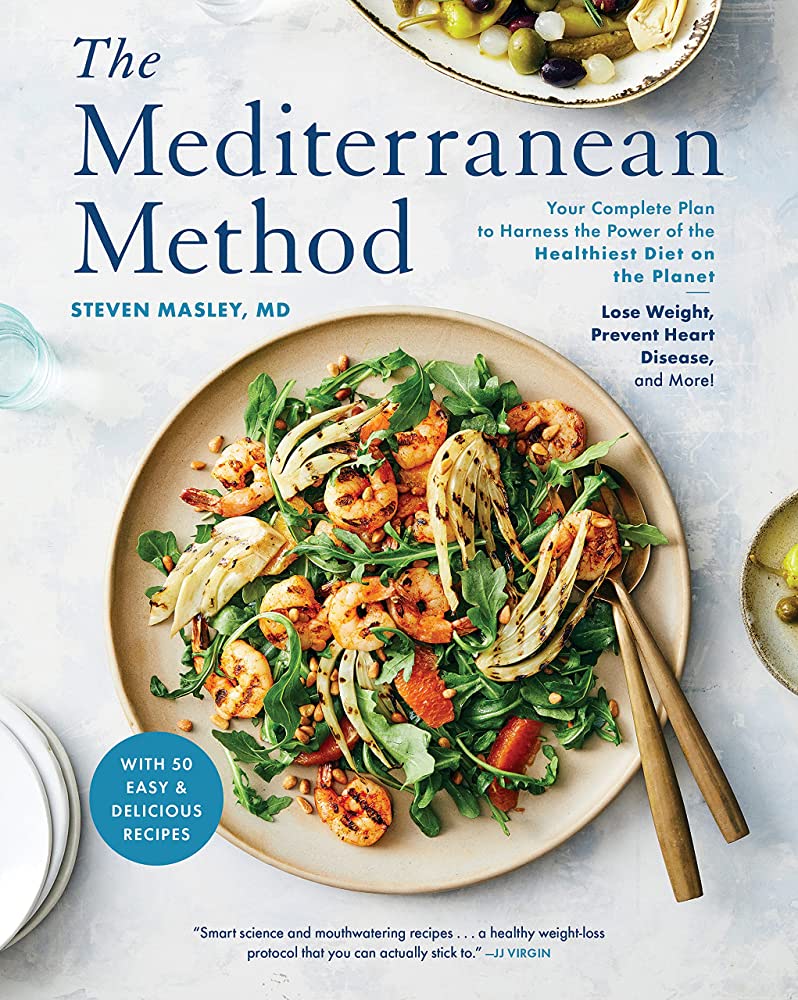While Greek cuisine is a subset of Mediterranean cuisine, it is not synonymous with it. Both cuisines contain fresh vegetables, fruits, nuts, seafood, and olive oil, with Greek cuisine adding staples like feta cheese, olives, and moussaka. Greek cuisine often includes more elaborate preparations compared to a more casual style of Mediterranean cuisine. Greek cuisine relies heavily on oregano, thyme, and mint, while Mediterranean cuisine often features more exotic spices like cumin and cinnamon. Both cuisines have significant cultural importance, with the importance of gathering together with family and friends over food as a shared value.
Greek vs. Mediterranean Food: Comparing and Contrasting Cultures in a Delicious Way
Greek and Mediterranean food are both delicious, healthy and full of flavour. However, while they share similar ingredients and cooking methods, they are not one and the same. Greek cuisine is a subset of Mediterranean cuisine, but it is not synonymous with it.
Ingredients
Mediterranean cuisine is known for fresh vegetables, fruits, nuts, seafood, and olive oil. Greek cuisine shares these ingredients, but has a few specific staples as well. Feta cheese, olives, and moussaka (a layered eggplant dish) are some examples of items that are distinctly Greek. On the other hand, couscous, tahini, and za’atar (a Middle Eastern spice blend) are more commonly associated with Mediterranean cuisine, but are not typically found in Greek dishes.
Preparation and Cooking Styles
Both Greek and Mediterranean cuisine focus on fresh, whole foods and simple preparations. Grilling and roasting are popular cooking methods for both cuisines. However, Greek cuisine often includes more elaborate preparations. For example, spanakopita (spinach and feta pie) is a popular Greek dish that involves layering phyllo dough and filling with spinach and cheese, while dolmades (stuffed grape leaves) require the careful assembly of grape leaves, rice, and vegetables. Mediterranean cuisine, on the other hand, often emphasizes a more casual style of eating, with dishes like hummus and pita bread or tabbouleh (a fresh salad of chopped herbs, veggies, and bulgur wheat) that are easy to prepare and enjoy on the go.
Flavour Profiles
Both Greek and Mediterranean cuisine use herbs and spices to add depth and complexity to their dishes. However, the specific flavour combinations differ between the two cuisines. Greek cuisine relies heavily on oregano, thyme, and mint. Mediterranean cuisine, on the other hand, often features more exotic spices, like cumin and cinnamon. Additionally, Greek cuisine often incorporates salty or tangy ingredients like olives and feta cheese, while Mediterranean cuisine embraces sour and tart flavors like lemon juice and sumac.
Cultural Significance
Greek and Mediterranean cuisine both hold significant cultural importance. For Greeks, eating together is a way of life and community is valued above all else. Greek food is often served family-style, encouraging the sharing of plates and conversation. Similarly, Mediterranean cuisine emphasizes the importance of gathering together with family and friends over food. In fact, the traditional Mediterranean diet has been recognized by UNESCO as a “cultural heritage of humanity.”
Conclusion
While there are certainly similarities between Greek and Mediterranean cuisine, they are not interchangeable. They both have their unique ingredients, preparation styles, flavor profiles, and cultural significance. However, they both share a commitment to fresh, whole ingredients and the importance of gathering around the table with family and friends. Ultimately, the best way to compare and contrast these delicious cuisines is to try them both and see which one speaks to your taste buds and your soul.
